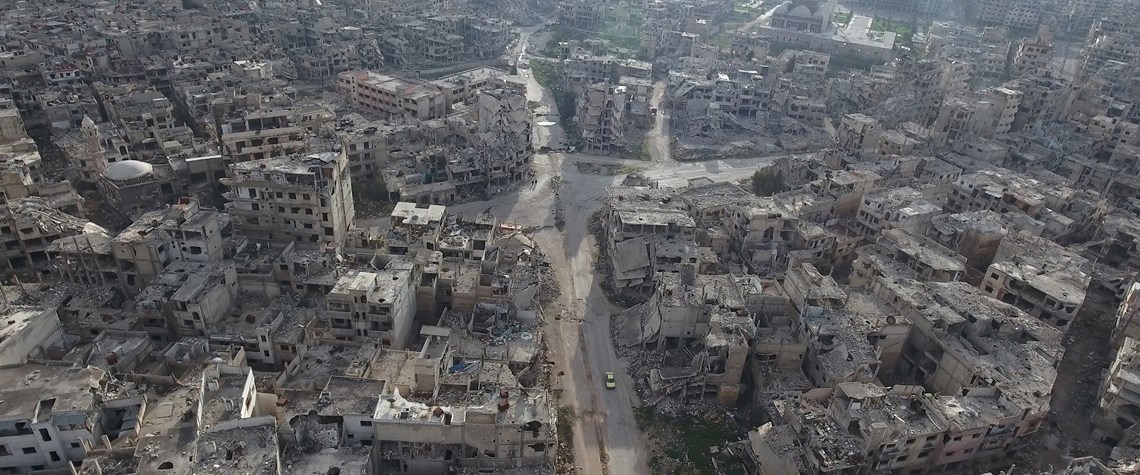Middle East tensions rumbled on in 2018
Oil prices recovered, but old conflicts remained unresolved
The fate of Middle East oil producers in 2018—and producers elsewhere in the world—remained largely in the hands of Saudi Arabia and Russia. Despite rumours of differences in strategy and objectives, the two giants—producing around 40pc of global output—stuck to their guns and maintained production cuts agreed the previous year. It became increasingly clear that the muscle to influence oil markets had passed from Opec to the Saudi-Russian partnership. Iran, once a major energy force to match Saudi Arabia, was forced out of the running by US sanctions which, in November, were extended to the energy sector. Fear of global supply shortages resulting from an anticipated dip in Iranian oil export

Also in this section
19 February 2026
US LNG exporter Cheniere Energy has grown its business rapidly since exporting its first cargo a decade ago. But Chief Commercial Officer Anatol Feygin tells Petroleum Economist that, as in the past, the company’s future expansion plans are anchored by high levels of contracted offtake, supporting predictable returns on investment
19 February 2026
Growth in LNG supply will surpass the rise in demand in 2026 for the first time in years, according to Mike Fulwood, senior research fellow at the OIES, but lower prices are likely to encourage fuel switching and could create more demand on a permanent basis
19 February 2026
Awais Ali Butt, manager for sales and business development at Pakistan LNG Ltd, discusses LNG’s role in energy security across developing, price-sensitive economies, as well as examining trade-offs between buying strategies and the impact of lower prices and policy on import behaviour
19 February 2026
LNG’s technical maturity, availability and price, as well as regulation, have driven its rapid adoption as a marine fuel, yet its future in shipping will depend on transition policies and progress in cutting methane emissions and scaling bio- and synthetic LNG, according to Carlos Guerrero at Bureau Veritas







